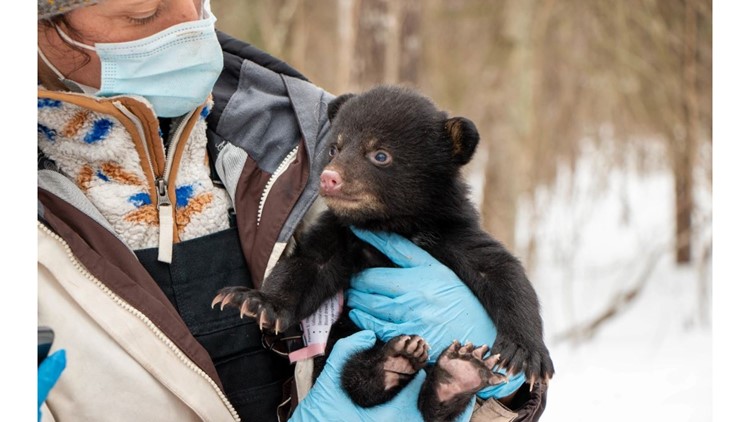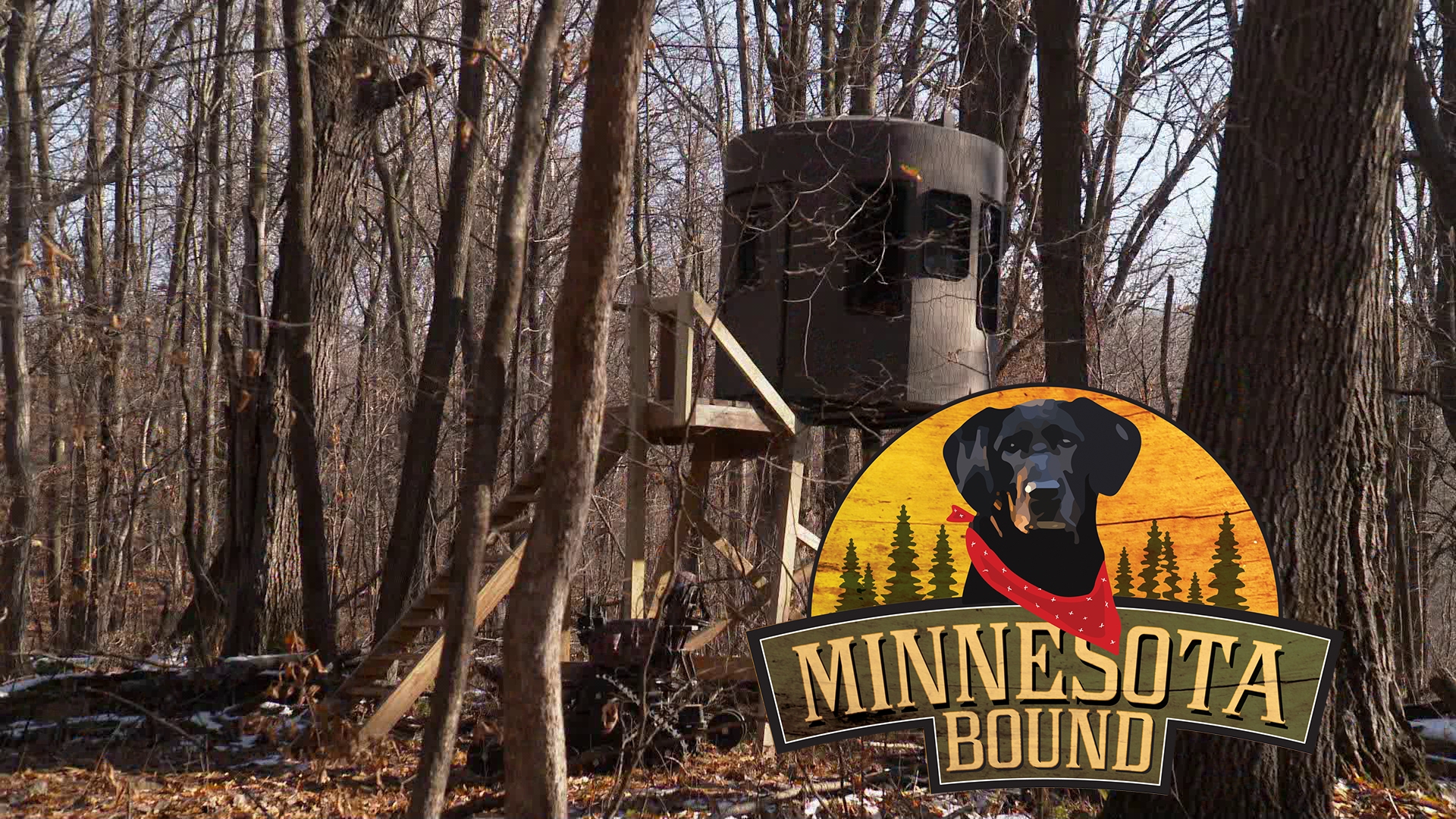MILWAUKEE — Wisconsin Department of Natural Resources (DNR) officials are asking residents to report any black bear den locations they have discovered to help an ongoing reproduction study.
The project focuses on average litter size, cub survival and litter frequency.
DNR researchers will collect data from these dens throughout the winter, including body measurements, sex and weight. Hair, tooth and blood samples will also be collected.
Mother bears, known as sows, will be fitted with GPS tracking collars to monitor the survival rate of the sow and her cubs.
The Black Bear Litter and Diet Survey is in its third year.
Researchers are also investigating a connection between bears eating "human food" and how it affects cub survival rates and litter sizes.
Officials encourage the public to report information about a black bear den they may have seen this year or if they recall locations from previous years. Researchers say black bears will sometimes reuse dens from prior years.
Officials do not want people to approach or disturb the dens.
"Public reporting is essential to this project," said Dr. Jennifer Price Tack, DNR Large Carnivore and Elk Research Scientist, in a news release. "Reporting dens helps us meet the sample size requirements for our study and increases the accuracy of the black bear population model."
DNR officials say if possible, the reports should include:
- GPS coordinates of the den
- A photo of the den, ideally showing it relative to its surroundings, from a safe distance (approximately 30 yards)
- Description of the site and surrounding area, including landmarks
- Any information on the bear(s) and bear activity near the site
During the first year of the study, research teams successfully GPS-collared 13 female black bears.
Officials said survey teams will continue studying black bear dens for six to seven years. Over that span, the team hopes to get at least 100 tracking collars on sows.



